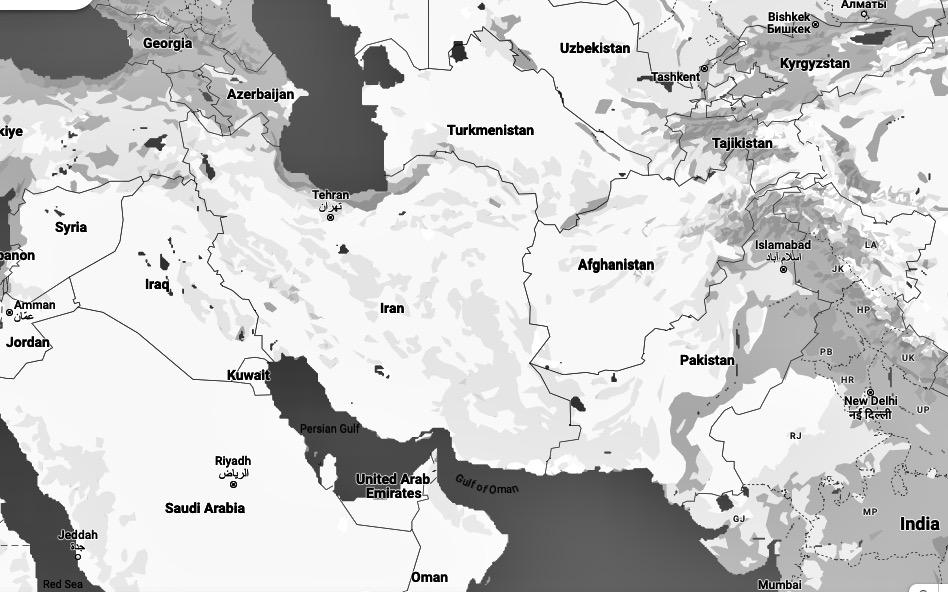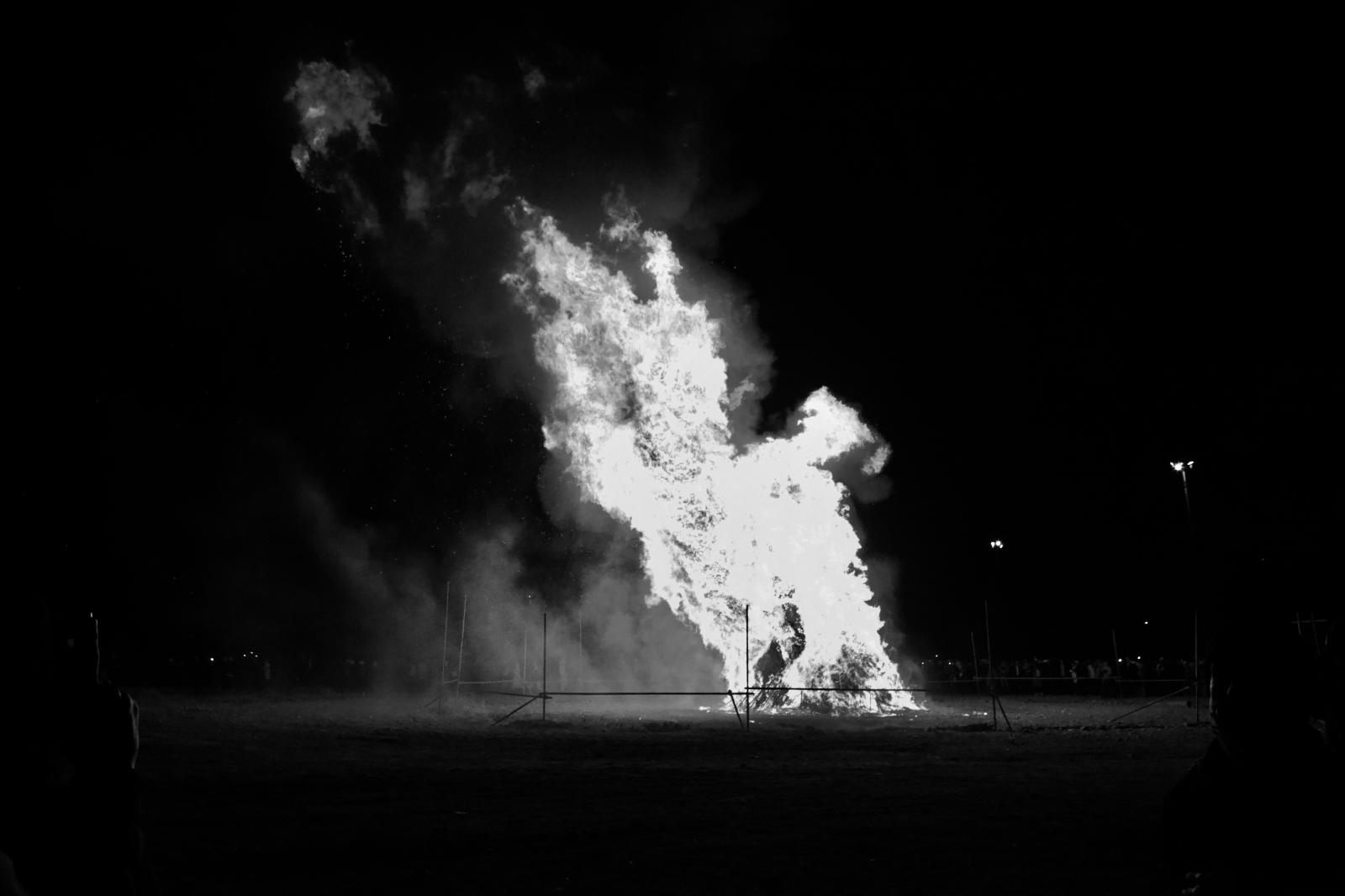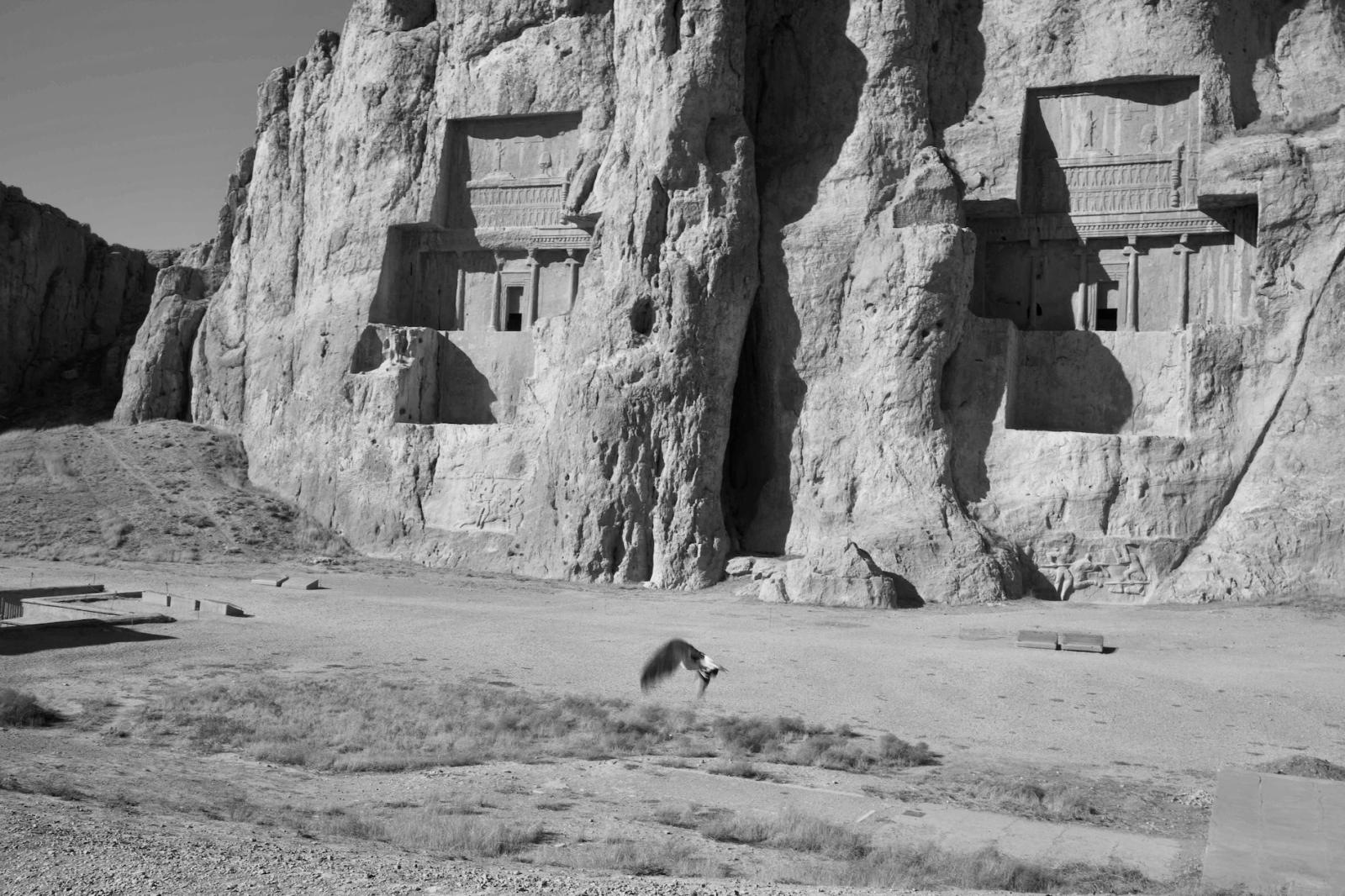"The principle of development begins with the history of Persia; this constitutes, therefore, the beginning of history" (Hegel, 1857, p. 147).
Iran (also called Persia) is an ancient land with no independence day, as it has existed for thousands of years throughout history as a country with political borders. The Zoroastrian Iran gradually turned Islamic after the collapse of the Sassanian Empire to the Arab Muslims in the 7th A.D. However, despite the change of religion, Iranians held on to their cultural elements rooted in Zoroastrianism. The Persian language, Persian literature, Persian calendar, Persian art and architecture, and Persian Sufism are some of the famous Iranian heritage which has kept its deep-rooted Zoroastrian essence.
However, the seizure of power by the Islamists in 1979 led to the collapse of a 2500-year-old monarchy and brought Iran into a new scene. The Islamic law's imposition on the nation led to national celebrations as a form of protest against the Islamic government. This is while more and more Iranians lose their interest and belief in Islam, seek their Iranian identity, and shout the slogan "The Iranian Republic" instead of the "Islamic Republic" in their protests. This transformation has created more sensitivity towards Iranian identity for the Islamists and made a visible Islam-Iran dichotomy.
The significance of the story lies in its originality and uniqueness. The general approach in representing Iran is either an Islamic narrative or the Westernized Iranians who do not fit into the Islamic narrative. Therefore, as a young Iranian photographer deeply understanding the Iranian religion and history, I decided to narrate one side of Iran's reality, focusing on the country's cultural elements. The project aims to throw light on the side of reality that photographers are not interested in. Therefore, the story becomes a voice for the voiceless Iranians concerned with their country's past and future.
The project is of immediate relevance to the time. Currently, Iran is the scene of constant protests against the compulsory hijab, Sharia law and the enthusiasm of many for reviving their cultural identity as Iranian and no longer as Muslim. With a similar view, in the captions, I have used the term Iranian for the Muslim-born Iranian, but I have referred to a Zoroastrian Iranian as a Zoroastrian.
Finally, the edit of the work is inspired by the famous verses of the Persian poet Rumi, who says:
هر کسی کو دور ماند از اصل خویش
باز جوید روزگار وصل خویش
Whoever is left far away from his roots and origin,
Would one day seek the time of that unity


























